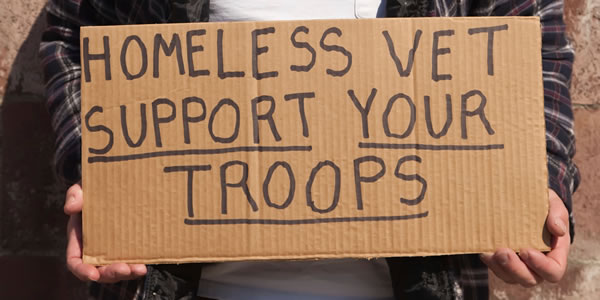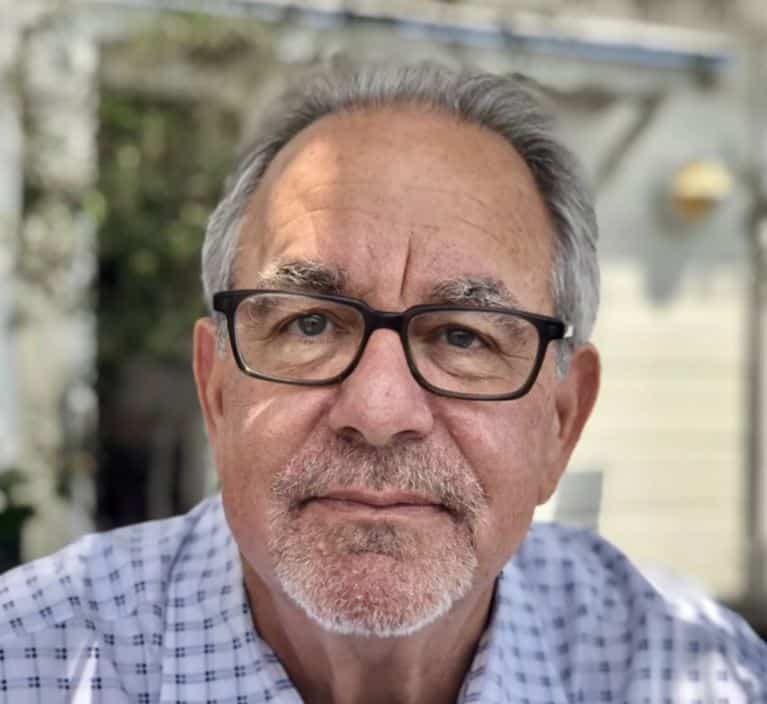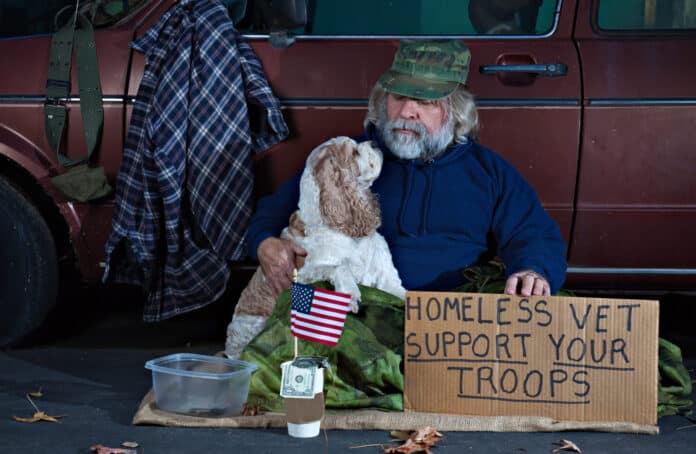There has been a lot of awareness raised about the homeless epidemic that challenges San Diego, particularly Veteran homelessness. According to the San Diego Regional Task Force on the Homeless, in January 2021, there were an estimated 1,600 homeless veterans in San Diego.
San Diego County supervisor Nathan Fletcher has made addressing Veteran homelessness a priority for his current term, and created a regional strategy for the issue by creating a task force, and addressing many of the hurdles that San Diego Veterans face when seeking housing.
Addressing the Underlying Issues that Cause Homelessness
While those of us in the behavioral health space are encouraged, we are anxious to see more emphasis on addressing the underlying challenges that cause Veteran homelessness, namely PTSD and Veteran substance use disorders (SUDs).
According to the National Alliance to End Homelessness, people experiencing homelessness are up to four times more likely to have a mental health condition than the general population, and up to one-half of the homeless population is estimated to have a serious mental illness.
When you combine a mental illness like PTSD with a substance use disorder or alcohol use disorder (AUD), these co-occurring disorders can make it very difficult for the Veteran to access and maintain stable housing. The road to recovery can be complex, and may require therapeutic intervention.
We know that getting a roof over the head of a Veteran is a wonderful thing, but in order for that Vet to overcome the challenges that caused homelessness in the first place, they often need treatment.

Where are the Programs for Vets?
Many Vets feel disenfranchised and abandoned by their country after discharge. So, where are the programs for Vets? Well, many of them are hidden in plain sight, obscured by bureaucracy or lack of Veteran awareness.
Veterans Affairs (V.A.) And V.A. Hospitals
Veterans Affairs (V.A.) is a humongous organization and an important service for U.S. Veterans, but often misunderstood and underutilized. The V.A. can be difficult to navigate, and many former militaries don’t take advantage of the benefits and programs that are available to them, often because they don’t even know about their existence.
For instance, earlier this month, the VA announced that all emergency mental health care for U.S. Veterans will be offered free of charge at any Veterans Affairs medical field facility or outside the clinic. Unfortunately, many homeless Vets might not have gotten this crucial information and might be at a loss as to how to take advantage of this new policy.
The Veterans Navigation Center (“The VNC”)
Did you know that 80% of Veteran suicides are by the former military who have not sought help from the VA for mental health challenges?
This is why we created the Veterans Navigation Center (TheVNC.org), which is a no-cost “one-stop shop” to help Veterans and their families manage their transition into civilian life. The Veterans Navigation Center connects Veterans to expert case managers familiar with the complex landscape of Veteran benefits who assist in obtaining resources.
Our organization connects Veterans to expert case managers familiar with the complex landscape of Veteran benefits who assist in obtaining resources. We also have partners who offer substance use counseling, as well as mental health counseling. Our counseling will help the Veteran stay plugged into their support system, and take proactive action if he or she misses counseling sessions, support group meetings, or appointments.
And the help goes far beyond mental health assistance. Here is a list of just some of the benefits that the V.A. offers beyond traditional medical services:
- GI Bill for access to higher education
- Home loans
- Disability compensation for injuries incurred during active duty
- Pension programs
- Mental health and substance abuse treatments
- Educational services and career counseling
- Life insurance
- Pain management services
- Small business support
- Geriatric programs and long-term elderly care
- Reproductive health services
- Nursing and residential home programs
If you know of a Veteran in need of services, call us at (858) 567-9191 or message us at TheVNC.org.

About the Author
Scott H. Silverman is the author of The Opioid Epidemic, the founder and CEO of Confidential Recovery, and has a passion for supporting Veterans. This led him to develop the Veterans Navigation Center, an organization with a mission to support U.S. Veterans’ successful reintegration into society.
ATTENTION READERS
We See The World From All Sides and Want YOU To Be Fully InformedIn fact, intentional disinformation is a disgraceful scourge in media today. So to assuage any possible errant incorrect information posted herein, we strongly encourage you to seek corroboration from other non-VT sources before forming an educated opinion.
About VT - Policies & Disclosures - Comment Policy




